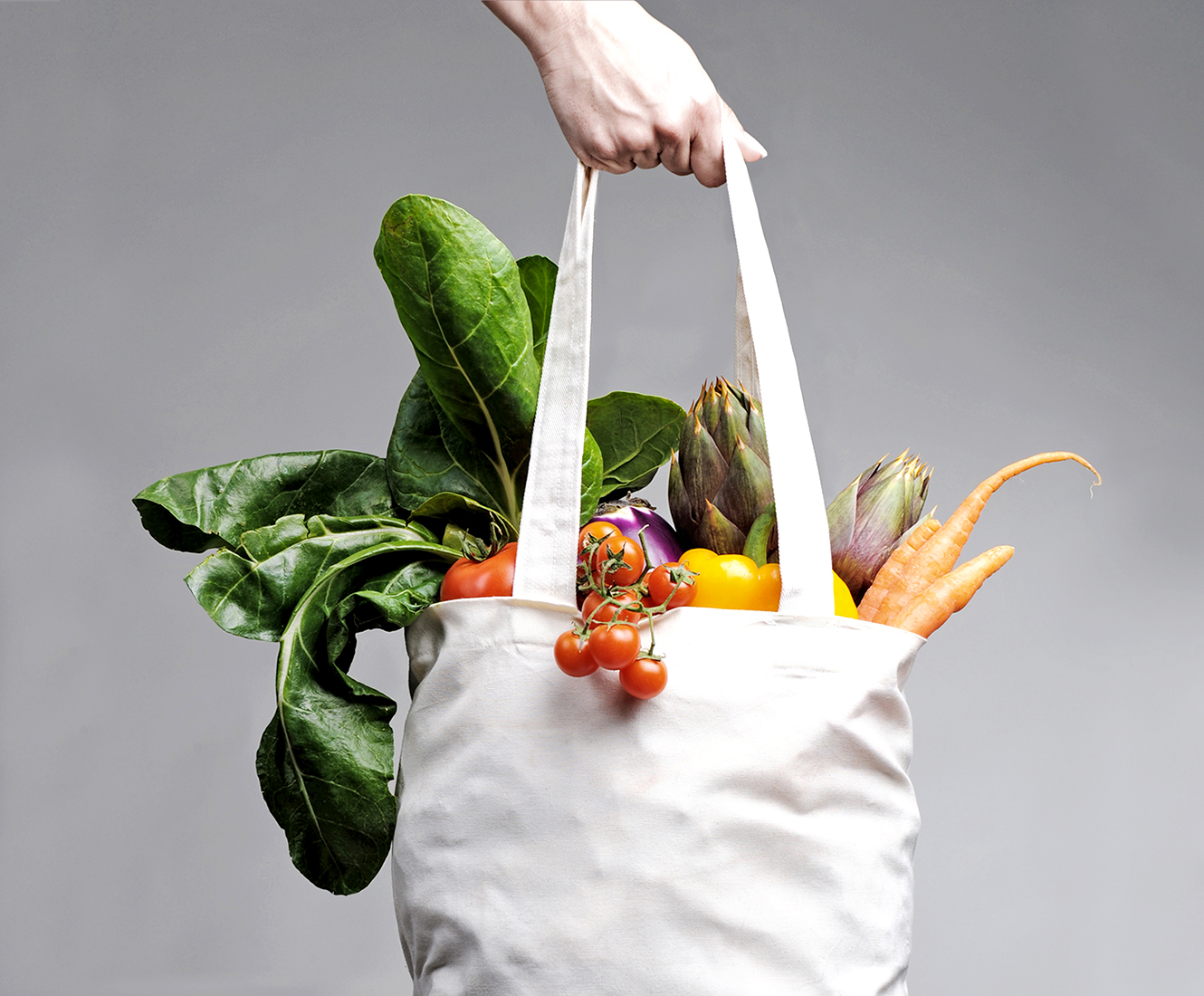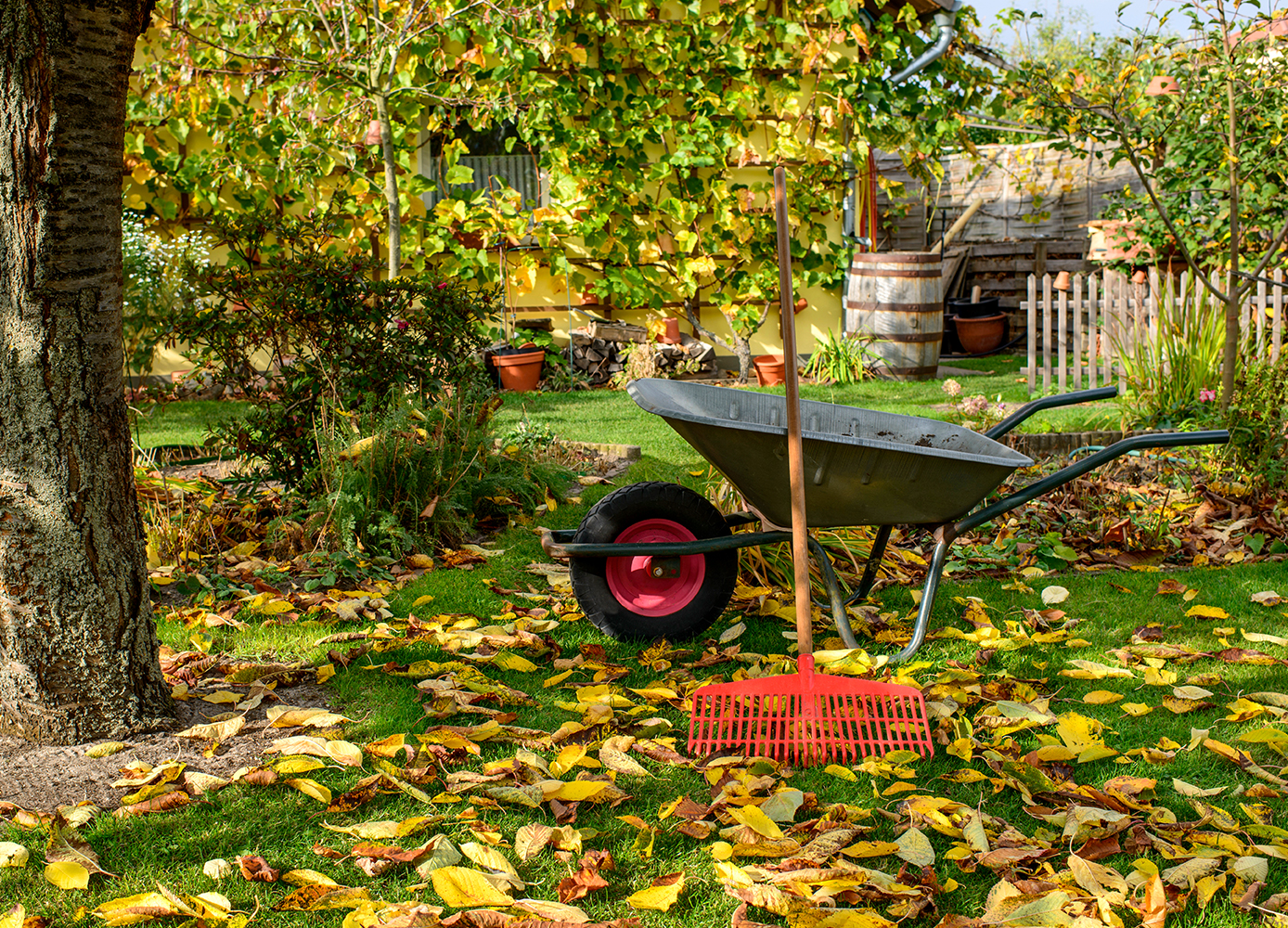Don’t automatically assume that reusable cotton grocery bags are best for the environment
By Katrina Caruso
On January 1, Montreal implemented a ban on non-recyclable plastic grocery bags, and a plastic-bag ban is to take effect in Victoria on July 1. In Montreal, many stores now provide heavier recyclable plastic bags, but many people there, as elsewhere, are turning to reusable cotton tote bags as a sustainable, eco-friendly option.
But are these totes really that good for the environment? This past February, the Danish Environmental Protection Agency released the results of a study it conducted on the environmental impact of various kinds of grocery bag: the study concluded that plastic bags were better for the planet than cotton totes. A 2011 study published by the UK’s Environment Agency showed similar results. Another study from Australia in 2007 found that plastic bags were superior to paper bags. The reports all indicate that, given the environmental effects of their production, cotton totes would need to be reused more than a thousand times to have the same environmental impact as the plastic bags.
The studies looked at the life-cycle of various kinds of bags, considering the means of production and the raw materials used, the number of times each can be used, and the effects of secondary uses such as lining garbage cans. The production of cotton bags demands the consumption of more resources.
The problem is a thorny one. There’s no doubt that plastic in the environment is a problem, with more than eight million tons of plastic debris ending up in our oceans every year. Plastic bags are not biodegradable, and they’re very dangerous to sea creatures and coral reefs.
But plastic bags can be reused many times and for many purposes, and paper bags can be reused for compost bags.
While it might take thousands of reuses to even out the environmental footprint of the cotton tote, they are reuseable and can last if they are cared for. (Just be sure you’re not collecting a pile of them without ever actually reusing them.) And they can typically be laundered to eliminate any food contamination.
Whatever choices you make, it’s worth thinking about your habits and their environmental effects.
Photo: iStock/photopalace.






